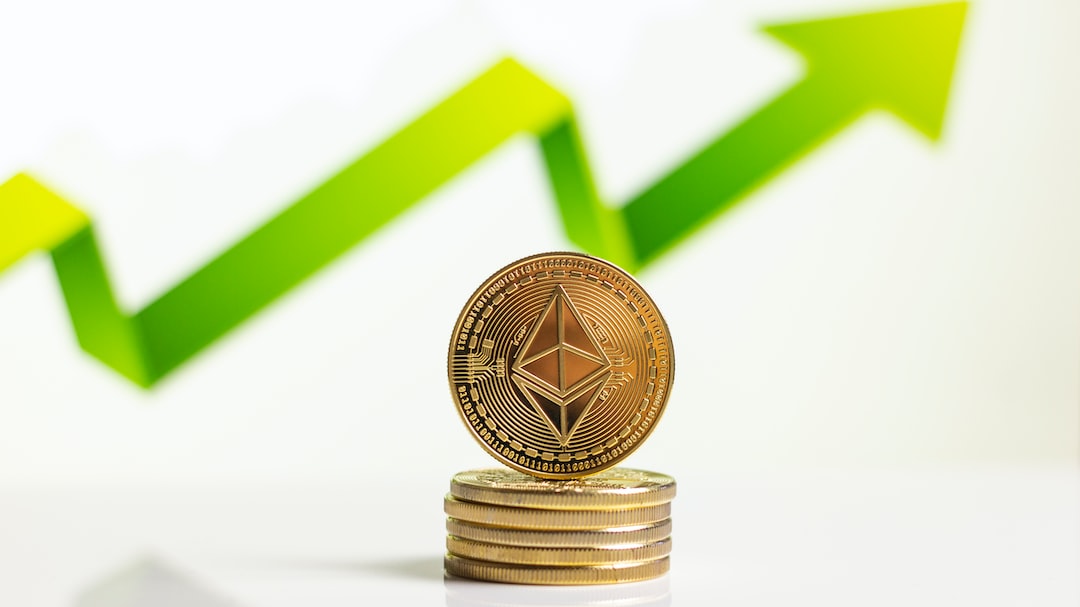The price of oil is one of the most closely watched indicators in the global economy. It is seen as a barometer of economic health and is closely linked to the forex market. The reason for this is that oil prices have a significant impact on the economies of many countries, and therefore on the value of their currencies. In this article, we will explore how the price of oil affects the forex market.
Oil is a key input in the production of many goods and services, making it a critical resource for the global economy. It is used in transportation, manufacturing, and energy production, among other things. As such, fluctuations in the price of oil can have a significant impact on the cost of goods and services, as well as on the profitability of businesses that rely on oil as a key input.
One of the ways in which the price of oil affects the forex market is through its impact on inflation. Inflation is the rate at which prices for goods and services rise over time. When the price of oil rises, it can lead to higher production costs for businesses, which can then lead to higher prices for consumers. This can result in higher inflation rates, which can lead to central banks raising interest rates to combat inflation. When interest rates rise, it can make a country’s currency more attractive to investors, which can lead to an increase in its value on the forex market.
Another way in which the price of oil affects the forex market is through its impact on trade balances. Trade balances refer to the difference between the value of a country’s exports and imports. When a country imports more oil than it exports, it can lead to a trade deficit, which can put downward pressure on its currency. This is because a trade deficit means that the country is spending more on imports than it is earning from exports, which can erode investor confidence in the country’s economic prospects.
Conversely, when a country exports more oil than it imports, it can lead to a trade surplus, which can put upward pressure on its currency. This is because a trade surplus means that the country is earning more from exports than it is spending on imports, which can make investors more confident in the country’s economic prospects.
The price of oil can also impact the forex market through its impact on the balance of payments. The balance of payments is a measure of all the financial transactions between a country and the rest of the world. When a country imports more oil than it exports, it can lead to a current account deficit, which can put downward pressure on its currency. This is because a current account deficit means that the country is spending more on imports than it is earning from exports, which can erode investor confidence in the country’s economic prospects.
Conversely, when a country exports more oil than it imports, it can lead to a current account surplus, which can put upward pressure on its currency. This is because a current account surplus means that the country is earning more from exports than it is spending on imports, which can make investors more confident in the country’s economic prospects.
In conclusion, the price of oil can have a significant impact on the forex market. It can impact inflation rates, trade balances, and the balance of payments, all of which can affect the value of a country’s currency. As such, traders and investors need to keep a close eye on oil prices when making forex trading decisions.





